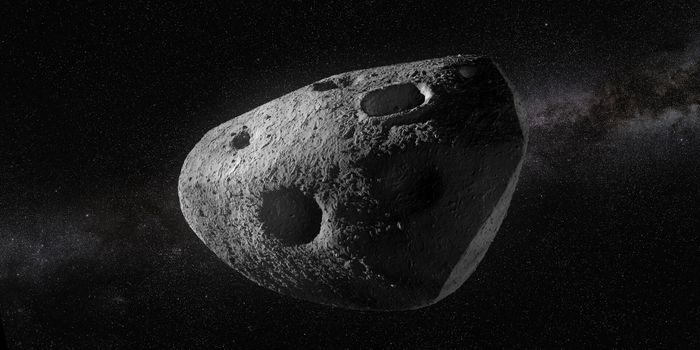SpaceX Didn't Quite Stick the Rocket-on-Ship Landing on Sunday
On Sunday, SpaceX launched another reusable Falcon 9 rocket into space to carry out the primary mission of sending the Jason 3 satellite into space, which would be used in monitoring the height of the ocean.
Because it was a reusable rocket, SpaceX also planned to try and land the rocket after its primary mission was completed, but unlike its recent successful landing, this time SpaceX would attempt to land the rocket on a barge at sea, for the second time.
With the primary mission of getting the satellite into space, SpaceX has a lot of cheer for, but unfortunately, the landing didn’t go so smoothly. In what is now the second failed attempt by SpaceX to land a rocket on a barge at sea, Sunday’s Falcon 9 rocket had one of its landing legs break mid-landing, which led to the topple of the rocket, and eventually an explosion.
Well, at least the pieces were bigger this time! Won't be last RUD, but am optimistic about upcoming ship landing. pic.twitter.com/w007TccANJ
— Elon Musk (@elonmusk) January 17, 2016
“Falcon lands on droneship, but the lockout collet doesn't latch on one the four legs, causing it to tip over post landing.” SpaceX CEO Elon Musk said on Instagram. “Root cause may have been ice buildup due to condensation from heavy fog at liftoff.”
What can be learned from this failed landing attempt is that it’s definitely possible to land a rocket on a barge, but the landing gear will have to be improved for future landing attempts such that the legs can lock into place more reliably without a chance of the whole rocket falling over.
Musk says that he’s “optimistic” about an upcoming ship landing, and as a result, we’re sure SpaceX will be trying this stunt again in the near future. Hopefully the design of the landing gear will have been improved by then so that the landing can be more of a success – otherwise, the primary mission was still completed as needed, so it wasn’t a total bust.
Reusable rockets are the way of the future – building a rocket costs SpaceX $16,000,000, but when a reusable rocket’s costs are considered, re-fueling one is just $200,000 in comparison. It’s still a lot of money, but nowhere near the cost of building a new one. Because of this, space agencies like NASA are going to be enjoying much more space exploration in the future.
Source: Elon Musk








